US says no easing of sanctions as WSJ unveils plans to choke off Iran’s China oil sales
The United States says there has been no loosening of the sanctions it has been enforcing against Iran, after the Wall Street Journal reported that Washington was considering tightening the enforcements on Tehran’s oil sales to China if the talks in Vienna fail to revive the 2015 nuclear deal.
Citing US officials and people familiar with the matter, The Wall Street Journal (WSJ) reported on Monday that the administration of US President Joe Biden was looking into targeting the shipping networks that help export an estimated one million barrels per day of Iranian crude to China.
The new plan would involve the aggressive enforcement of current sanctions already banning dealings with Iran’s oil and shipping sectors through new designations or legal actions, the report said.
“There is not much left to sanction in Iran’s economy,” a US official said. “Iran’s oil sale to China is the prize.”
Later on Monday, US State Department spokesman Ned Price was asked in a press briefing to comment on the WSJ report on the tightening of enforcements on Chinese purchases of Iranian oil and if it was something that Washington was already enforcing.
“Well, when it comes to sanctions and sanctions enforcement, you are, in fact, correct. All US sanctions remain in place until and unless they may be lifted through a diplomatic process,” he replied.
Asked whether the US position on sanctions was that there had been no loosening of the enforcements, he said, “That’s correct. That’s correct.”
The Wall Street Journal report said that through the new sanctions, the US intended to make Iran keep negotiating in Vienna or punish it if it does not, referring to the talks underway between Iran and the other remaining parties to the Joint Comprehensive Plan of Action (JCPOA) aimed at resurrecting the 2015 multilateral agreement.
A US delegation has been simultaneously present in the Austrian capital, but not directly attending the negotiations because Washington is no longer a party to the nuclear accord.
Iran’s chief nuclear negotiator, Abbas Araqchi, said recently that the next round of the Vienna discussions must wait until the new Iranian administration of President-elect Seyyed Ebrahim Raeisi takes office in August.
Commenting on the Vienna talks, Price said, “We remain open to continuing and ultimately to completing the JCPOA discussions in a productive manner and returning to the boundaries of that deal.”
“Now whether the Raeisi government chooses to see — chooses to move forward with those discussions and when, that’s certainly something we hope the Raeisi government will do, but we’re not in a position to speak for them,” he added.
He also said the Americans were prepared to continue negotiating, but that the Iranians have requested more time to deal with their presidential transition.
“We’ve made no secret about our willingness to entertain these talks, about our desire precisely because it is in the national interest to see a mutual return to the JCPOA. But we’ve also been clear that this offer won’t be on the table indefinitely. When Iran is done with its process, we are prepared to return to Vienna and to continue with those talks,” Price explained.
The US, under former president Donald Trump, left the JCPOA in May 2018 and re-imposed the anti-Iran sanctions that the accord had lifted. It also placed additional sanctions on Iran under other pretexts not related to the nuclear case as part of the “maximum pressure” campaign.
Following a year of strategic patience, Iran resorted to its legal rights stipulated in Article 26 of the JCPOA, which grants a party the right to suspend its contractual commitments in case of non-compliance by other signatories, and let go of some of the restrictions imposed on its nuclear energy program.
President Joe Biden's administration has indicated a will to compensate for Trump’s mistake and rejoin the deal, but at the same time, it has been seeking to maintain some of the sanctions as a tool of pressure.
Tehran insists that all sanctions should first be removed in a verifiable manner before the Islamic Republic reverses its remedial measures.
'Capitulation': Israeli officials and media concede Gaza defeat as truce unfolds
'Gaza has won': Social media users react to ceasefire with mix of relief, joy
Iran seeks South Korea’s assistance for AI, fiber-optic projects
VIDEO | Iran's 'Eqtedar' (Power) maneuver
Israel hits HTS military target in Syria for 1st time since fall of Assad
VIDEO | Press TV's news headlines
Israel has slaughtered 13,000 students in Gaza, West Bank
VIDEO | More Zionist than Zionists: Biden’s legacy to be defined by Gaza genocide


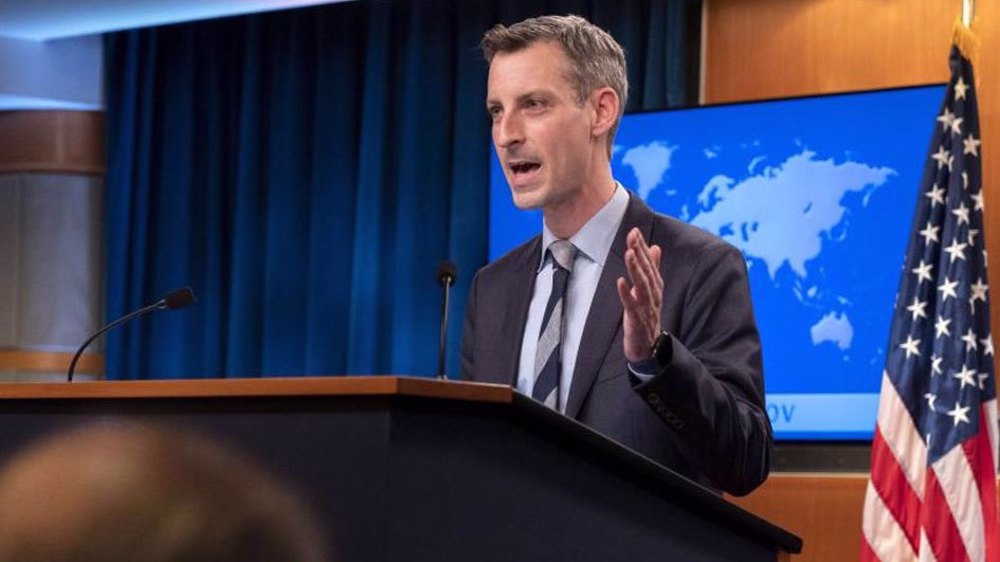
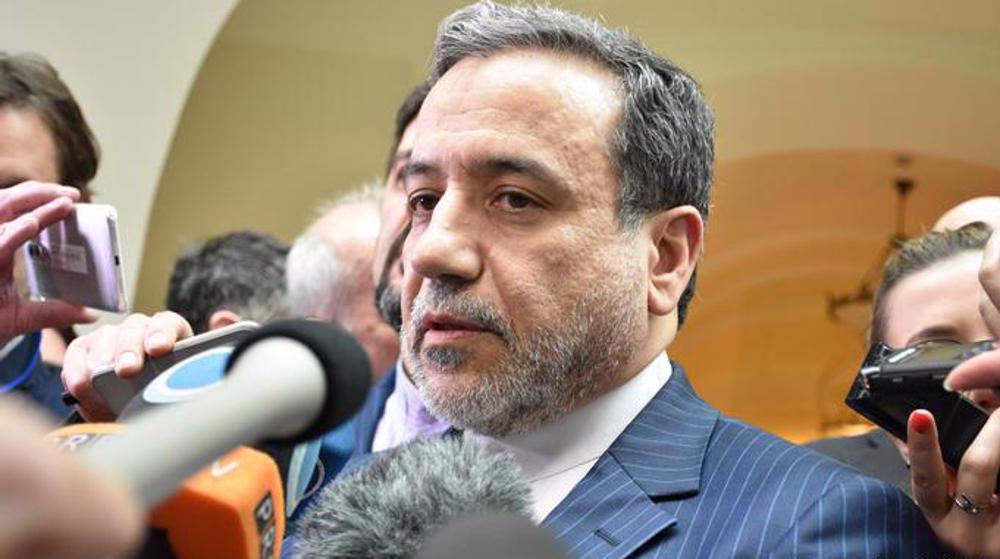






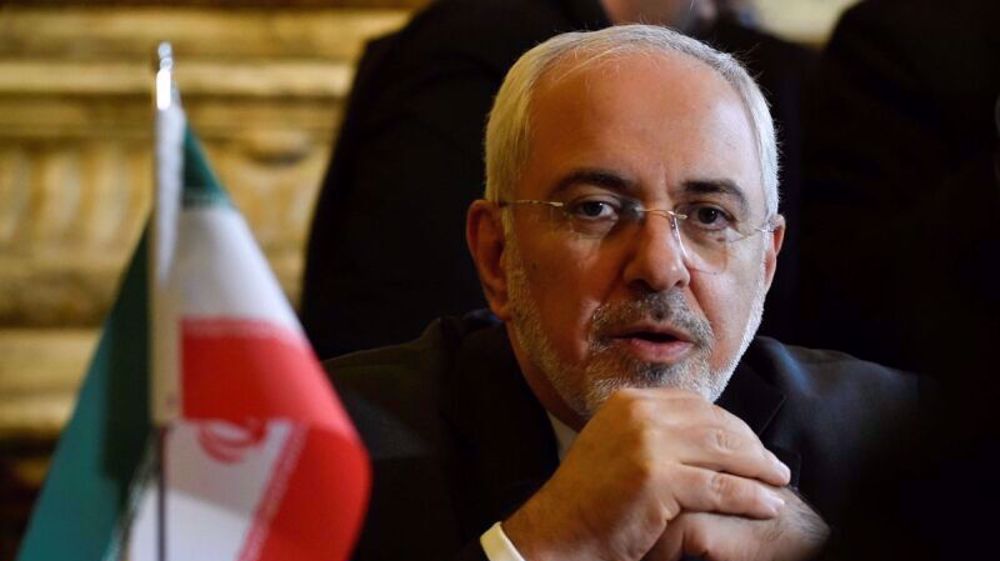
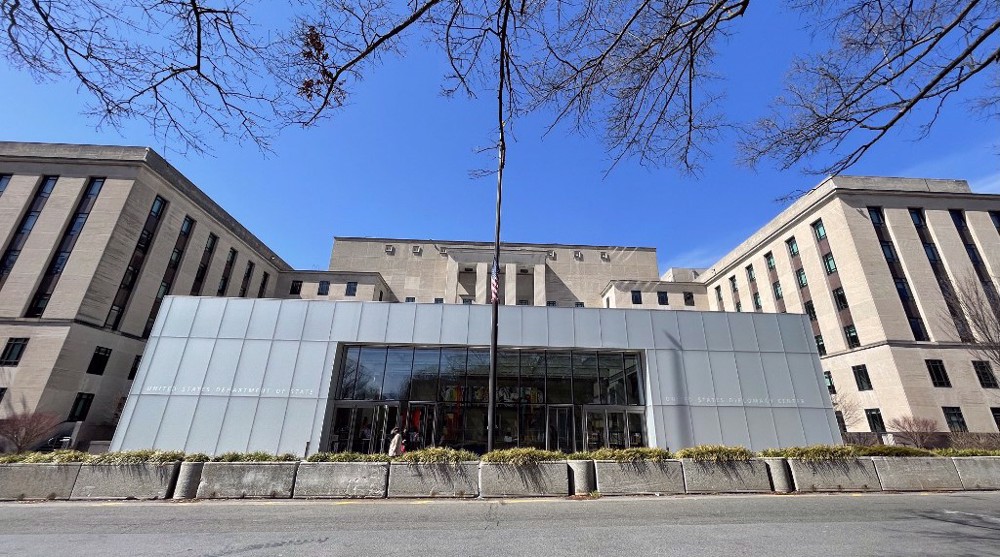
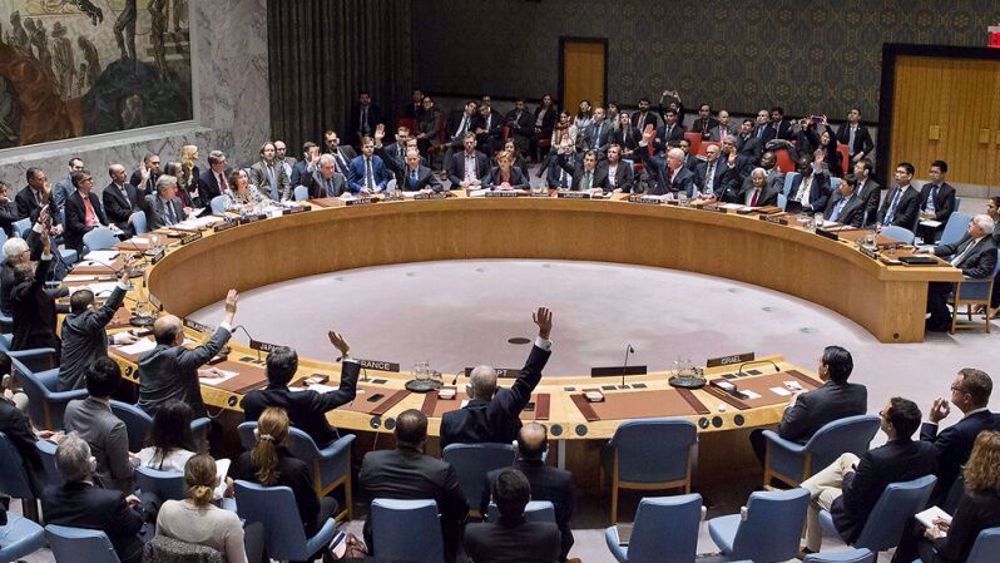
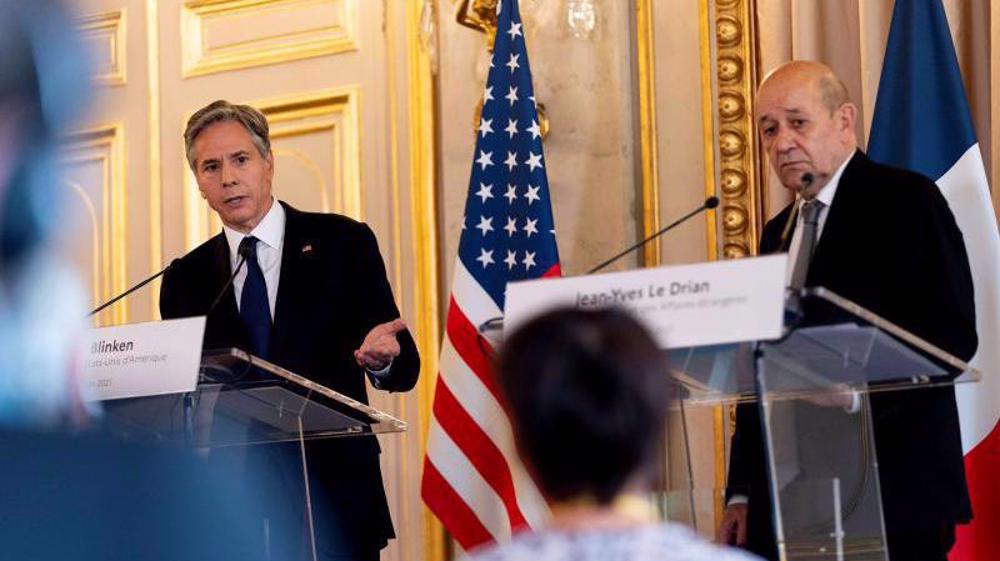
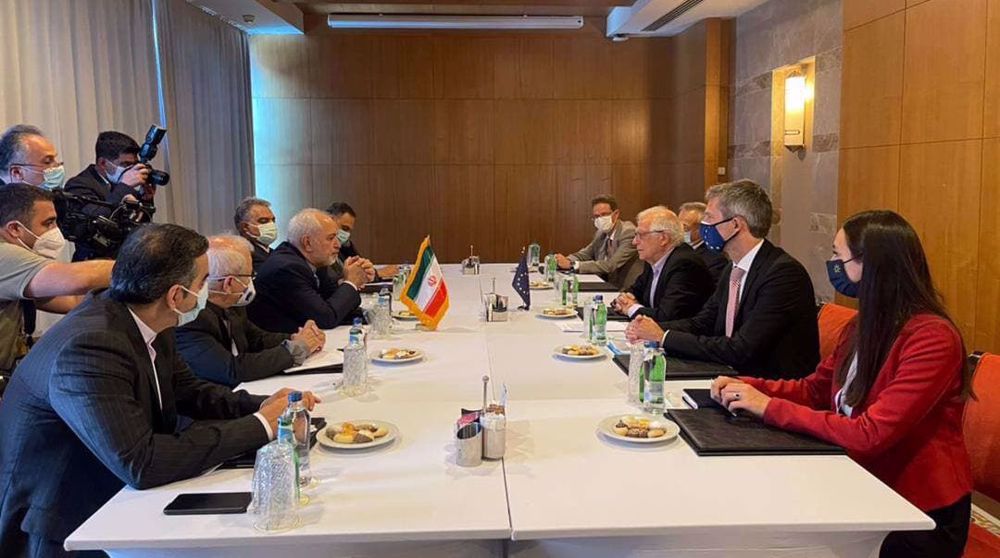

 This makes it easy to access the Press TV website
This makes it easy to access the Press TV website